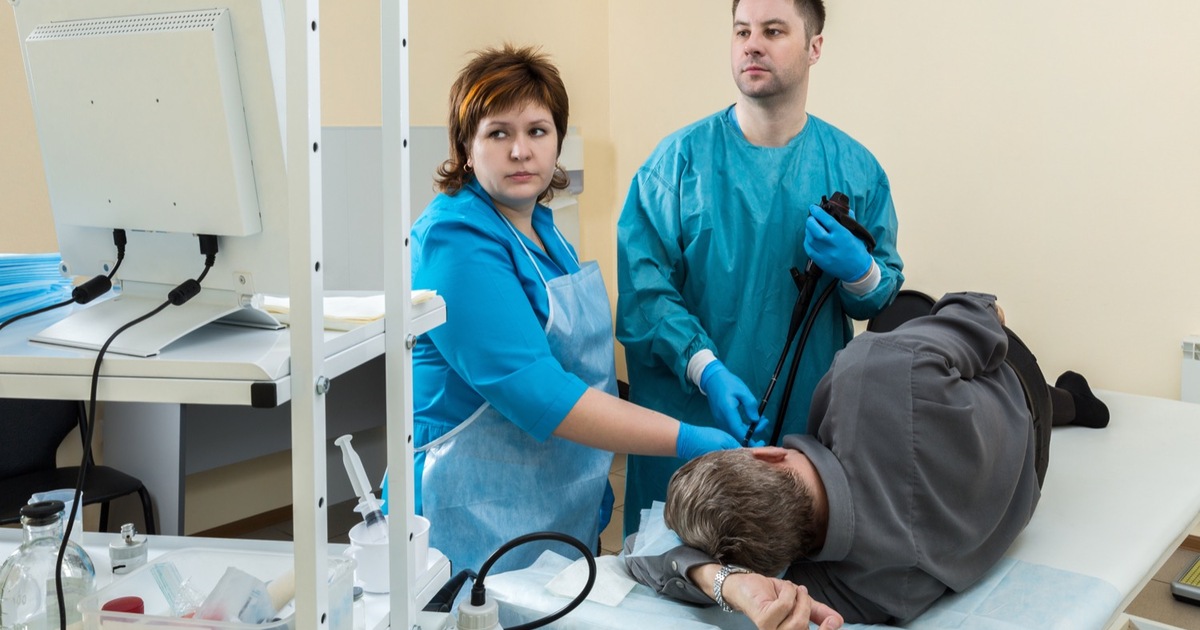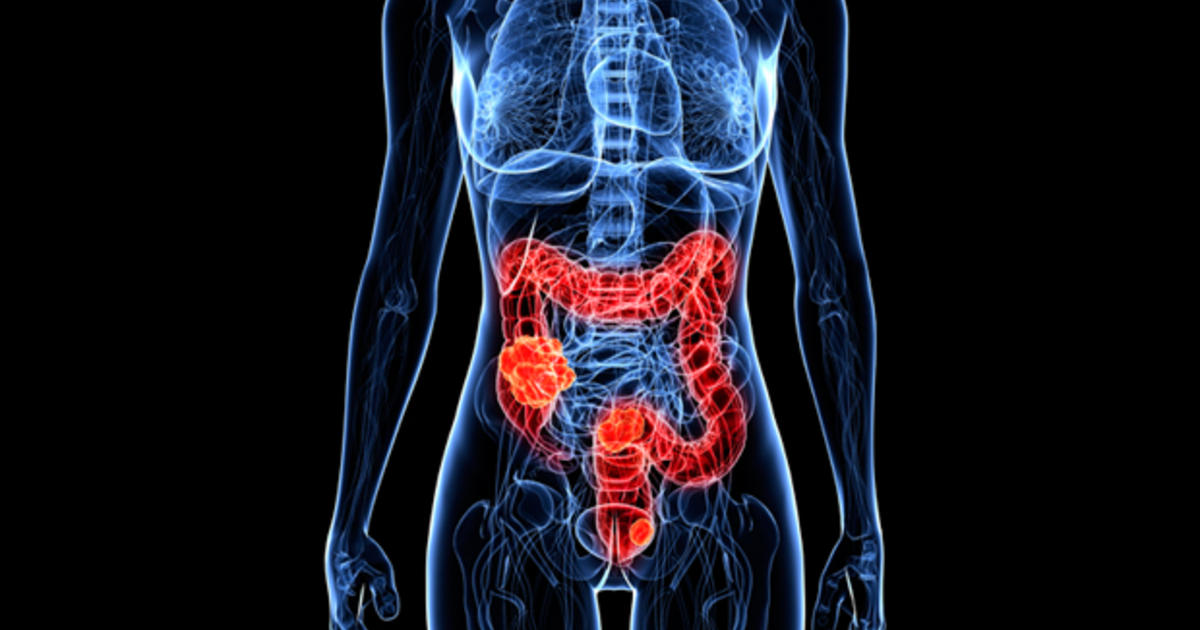Possible Causes And Complications Of Inflammatory Bowel Disease
Colon Cancer

The risk of developing colon cancer is higher in individuals with both forms of inflammatory bowel disease. When an individual doesn't have either form, medical professionals recommend beginning colon screenings at fifty years old and having a new screening done every ten years, provided the results come back normal. However, individuals with inflammatory bowel disease often need to get screened much more frequently. Patients can talk to their doctor about the frequency of screenings necessary for their case. A general rule of thumb is the first screening should occur eight to ten years after the inflammatory bowel disease diagnosis, regardless of the patient's age. After that, a screening should typically be done every one to two years to check for colon cancer.
Fistulas

Fistulas can sometimes occur in patients who have Crohn's disease. A fistula occurs when an ulcer extends totally through the wall of the intestine. It's the medical term for an abnormal connection forged between two different parts of the body. The most common type of fistula is a perianal fistula, which occurs around or near the anus. Some fistulas become infected, leading to the development of an abscess. Anal fistulas are tunnels that run from the anus to the surrounding skin. They can be repaired through surgical procedures if need be. If the fistula becomes infected, which is likely if it occurs in the anal area, it will lead to a swollen pocket of liquid and infected tissue.
